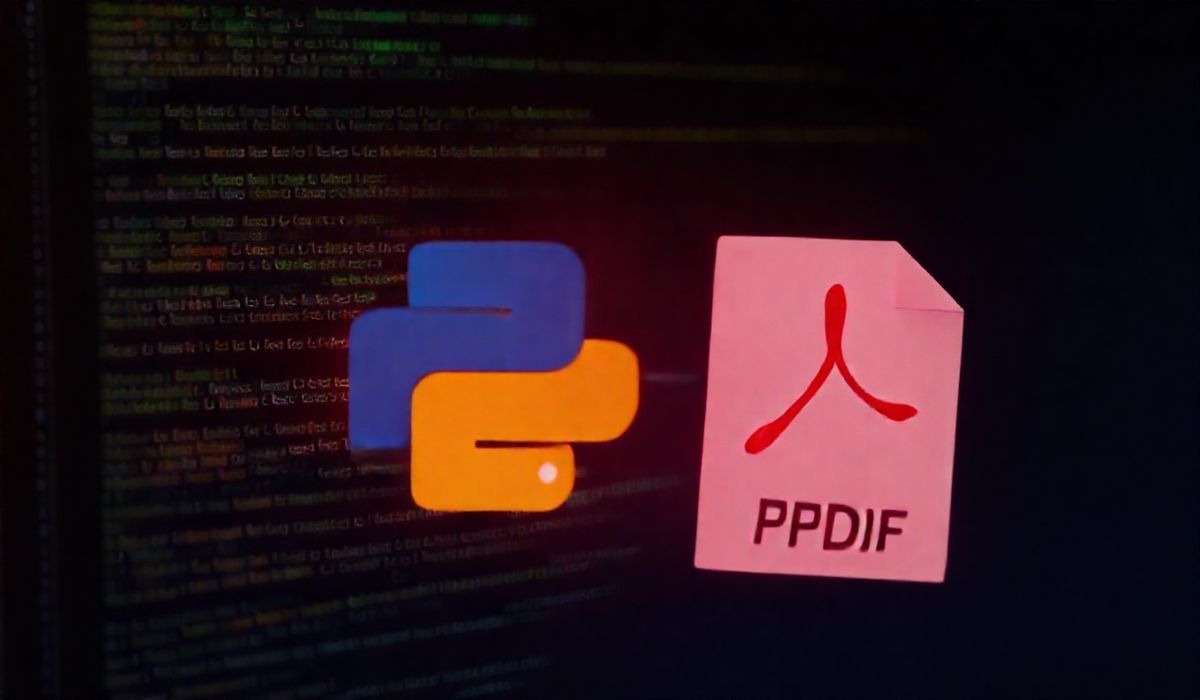Welcome to Esprima: Your Comprehensive Guide to JavaScript Parsing
Esprima is a high-performance, standard-compliant ECMAScript (JavaScript) parser written in JavaScript. It enables you to study, analyze, and operate on JavaScript source code efficiently. In this blog post, we will cover its essential APIs, complete with code snippets, and demonstrate how you can build an application using Esprima.
Getting Started with Esprima
To begin with Esprima, you need to install it via npm:
npm install esprimaKey Esprima APIs and Code Examples
1. Parsing a Script
The principal function provided by Esprima is parseScript. This method parses JavaScript code and returns an abstract syntax tree (AST).
const esprima = require('esprima');
const code = 'let x = 42;';
const ast = esprima.parseScript(code);
console.log(ast);
2. Tokenizing Code
The tokenize method converts a JavaScript program into an array of tokens.
const tokens = esprima.tokenize(code);
console.log(tokens);
3. Parsing a Module
For ECMAScript 6 module parsing, use the parseModule function:
const esprima = require('esprima');
const moduleCode = 'export function hello() { return "Hello"; }';
const moduleAst = esprima.parseModule(moduleCode);
console.log(moduleAst);
4. Attaching Comments
Esprima can extract comments from the source code. You can achieve this by enabling the comment flag:
const commentsAst = esprima.parseScript(code, { comment: true });
console.log(commentsAst.comments);
Building an Application with Esprima
Let’s create a simple application that reads JavaScript code, tokenizes it, and displays the tokens.
const fs = require('fs');
const esprima = require('esprima');
// Read the file content
const fileContent = fs.readFileSync('example.js', 'utf-8');
// Tokenize the file content
const tokens = esprima.tokenize(fileContent);
// Log the tokens
console.log(tokens);
// Save the tokens to a new file
fs.writeFileSync('tokens.json', JSON.stringify(tokens, null, 2));
This straightforward application demonstrates the power and utility of Esprima in analyzing and manipulating JavaScript code. With Esprima, the potential applications are vast, from developing advanced code analysis tools to creating educational software.
Hash: e575ff038f742d418c21505c23c3c0f7320556690a80f1f075f090bb08191530




